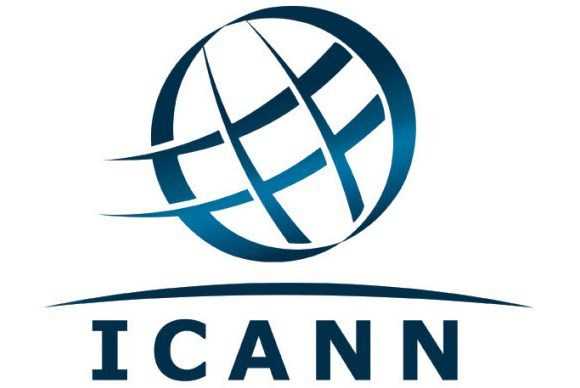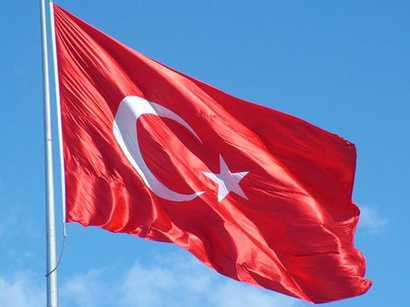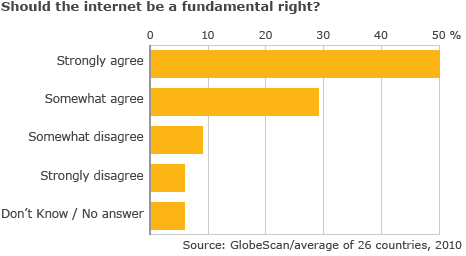ICANN announces opening of Istanbul office as part of globalization effort

As part of ICANN’s efforts to become a more global organization it detailed plans on Thursday for its new office in Istanbul.
The Internet Corporation for Assigned Names and Numbers coordinates the DNS (Domain Name System) and IP addresses, which are the cornerstones of the Internet.
The announcement marks a significant step for ICANN as it prepares to spread its operational functions across three global headquarters—Los Angeles (which is the current location), Istanbul and Singapore—a setup that will fundamentally change the way the organization operates, according to CEO Fadi Chehadé, who will spend parts of the year in all three cities.
“It will result in a complete change in ICANN’s posture and understanding for what our stakeholders around the world need, because we are not just about opening new offices. I am taking the functions within ICANN and slicing them in three, so every function we have will literally be running across the world in all time zones,” Chehadé said.
To make this possible, ICANN is also putting in place standardized platforms and mechanisms to track processes, so that they can be followed around the world, according to Chehadé.
The choice of Istanbul may surprise some people, but Chehadé is convinced it’s a good place to be. The city has a growing infrastructure and a good airport. It is located close to Europe, the Middle East and Africa and has a young population with technical and linguistics skills.
The Istanbul office will be led by David Olive, ICANN’s current vice president for policy development. A number of current ICANN staff will relocate to Istanbul over the coming months and local staff also will be hired.
“I would like our first people to start at the Istanbul hub as early as June, and if possible June 1,” Chehadé said.
At the same time, the lease for the Singapore office is being finalized. The necessary legal entity was formed in the last few days, according to Chehadé
ICANN not locating one of its global headquarters in the E.U. may be seen as a snub. But the feedback Chehadé has received from E.U. members has been very supportive, he said.
“There is a clear appreciation, I think, for Turkey being the right hub between the Middle East, Europe and Africa,” Chehadé said.
Turkey applied to join what was then the European Economic Community at the end of the 1980s, and in 1997 it was declared eligible to join the E.U. Accession negotiations started in 2005, according to the E.U.’s website, but they are still far from finalized, highlighting the troubled relationship between the two.
This is a busy time for Chehadé and his colleagues at ICANN as they work on both the globalization effort and the introduction of new gTLDs, which will add more suffixes to the end of domain names.
“By mid-year this year we should start being in a position to recommend the delegation of new gTLDs. Some people ask what mid-year means, and I am giving us some room given that there are many, many moving parts, but sometime in the July to August time frame we should hopefully be ready,” Chehadé said.





